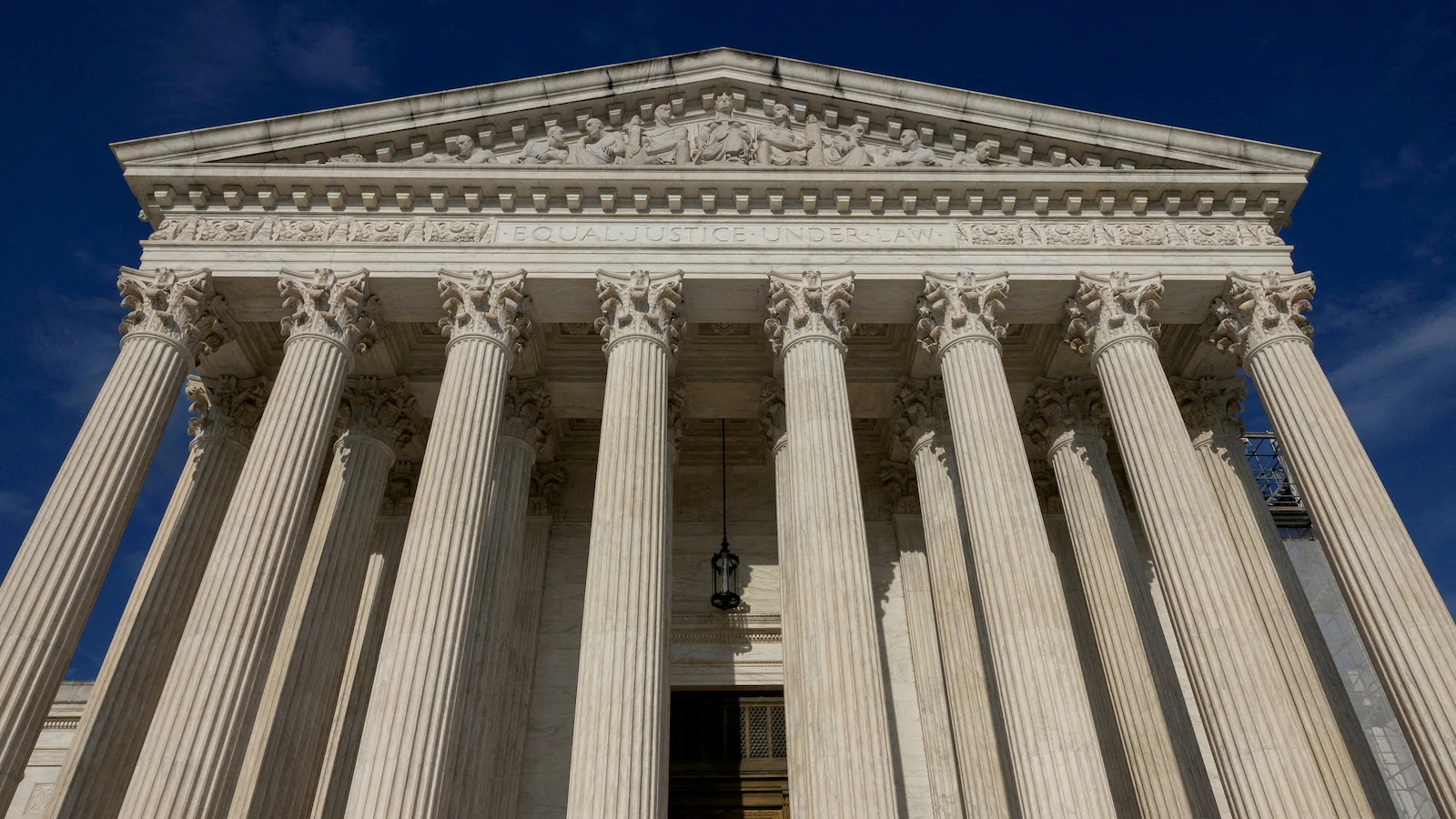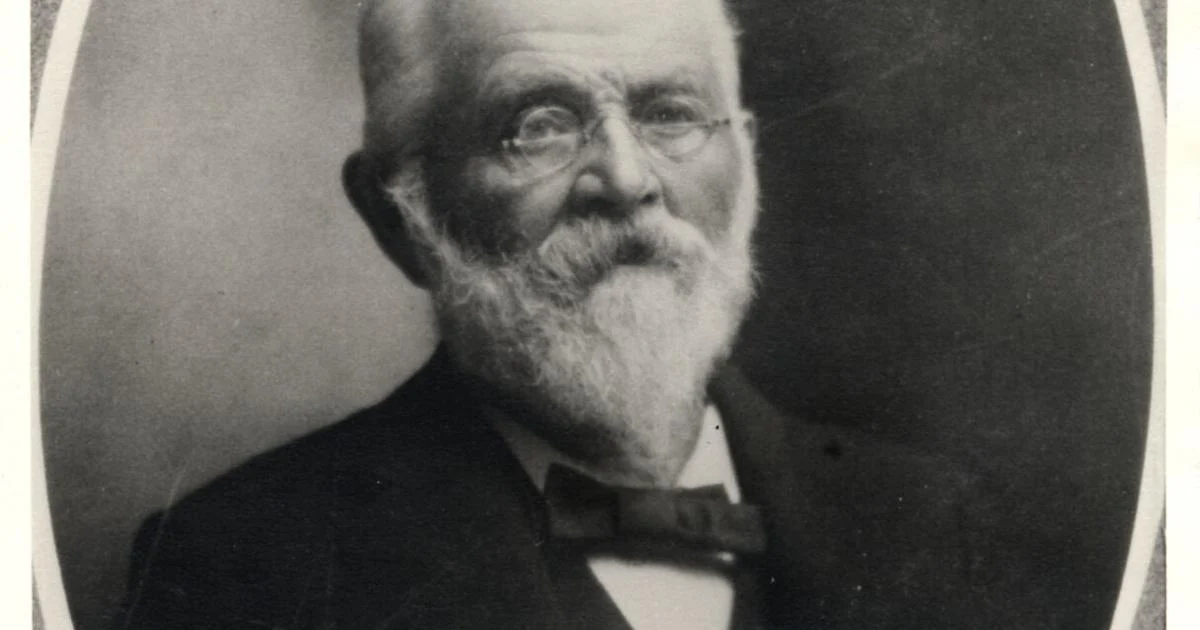
Suggestions by President Donald Trump and Federal Communications Commission Chairman Brendan Carr that broadcaster licenses could be revoked over disfavored views expressed on their airwaves could run afoul of a unanimous Supreme Court decision just last year addressing alleged pressure by government officials to silence speech.
The case — National Rifle Association of America v. Vullo — has striking similarities to the current debate.
The National Rifle Association had sued the New York Department of Financial Services (DFS) alleging its superintendent, Maria Vullo, had violated the First Amendment by coercing DFS-regulated insurance companies and banks from doing business with the NRA in a bid to punish or suppress the group’s gun rights advocacy.
Justice Sonia Sotomayor, writing for the court, said: “Six decades ago, this Court held that a government entity’s “threat of invoking legal sanctions and other means of coercion” against a third party “to achieve the suppression” of disfavored speech violates the First Amendment. Today, the Court reaffirms what it said then: Government officials cannot attempt to coerce private parties in order to punish or suppress views that the government disfavors.
“Petitioner National Rifle Association (NRA) plausibly alleges that respondent Maria Vullo did just that,” she wrote. “As superintendent of the New York Department of Financial Services, Vullo allegedly pressured regulated entities to help her stifle the NRA’s pro-gun advocacy by threatening enforcement actions against those entities that refused to disassociate from the NRA and other gun-promotion advocacy groups. Those allegations, if true, state a First Amendment claim.”
The decision in NRA v. Vullo did not definitively address whether the NRA had proven a free speech violation but said that the claims were plausible and that the lawsuit against DFS could move forward.
ABC’s suspension of Jimmy Kimmel LIVE! “indefinitely” Wednesday came after Carr, the FCC chairman, criticized Kimmel’s comments about the alleged killer of conservative influencer Charlie Kirk and said local stations should not air Kimmel’s show.
“We can do this the easy way or the hard way,” Carr said Wednesday. “These companies can find ways to change conduct to take action, frankly, on Kimmel or you know there’s going to be additional work for the FCC ahead.”
Some of Carr’s critics have alleged the comments could be interpreted as coercion.
Ahead of ABC’s announcement, Nexstar and Sinclair, two of the biggest owners of ABC network TV affiliates, said they were not airing Jimmy Kimmel Live! after Carr’s public statement. Nexstar needs Carr’s approval to complete a merger with another media company, Tegna.
“I don’t think this is the last shoe to drop. This is a massive shift that’s taking place in the media ecosystem. I think the consequences are going to continue to flow,” Carr said Thursday on Fox News.
President Trump has also appeared to pressure broadcasters who air commentary with which he disagrees. Returning from his state visit to the United Kingdom on Friday, Trump said: “They give me only bad publicity or press. I mean, they’re getting a license, I would think maybe their license should be taken away. It will be up to Brendan Carr.”
There are no pending legal claims by any broadcaster alleging improper coercion on the part of Carr or Trump in violation of the First Amendment.
But some legal experts have observed that the Vullo case could be a relevant comparator if any legal action were undertaken in the matter or similar situations in the future.



